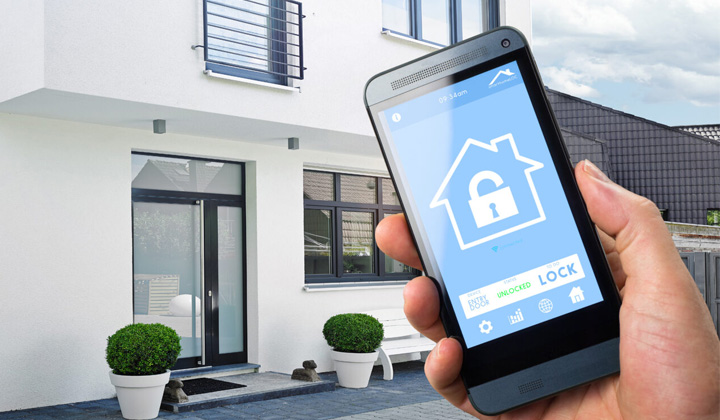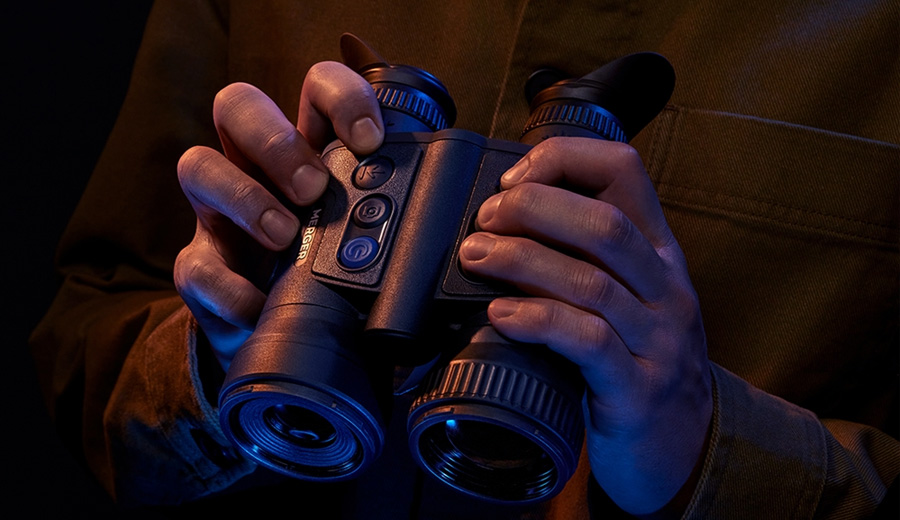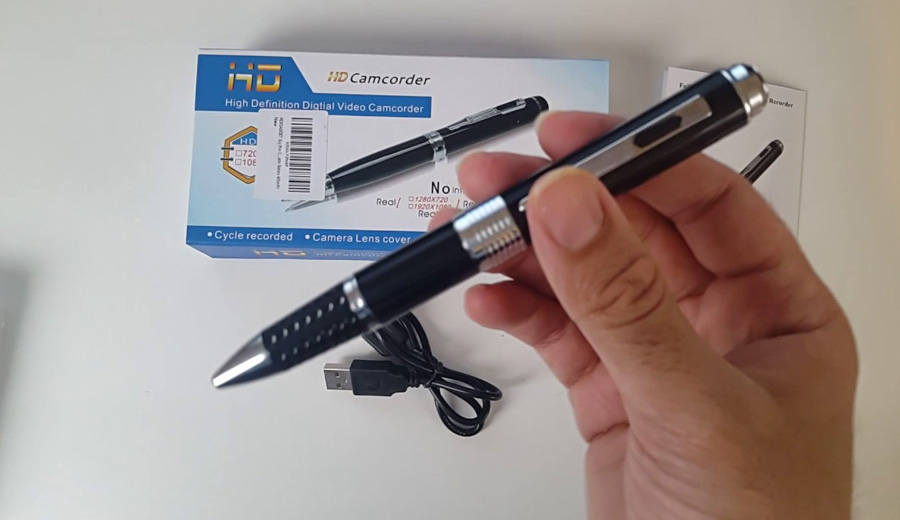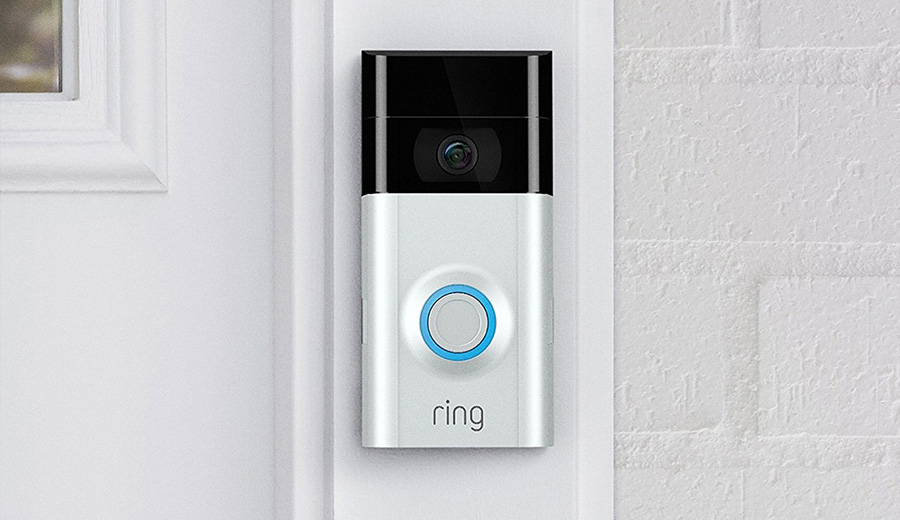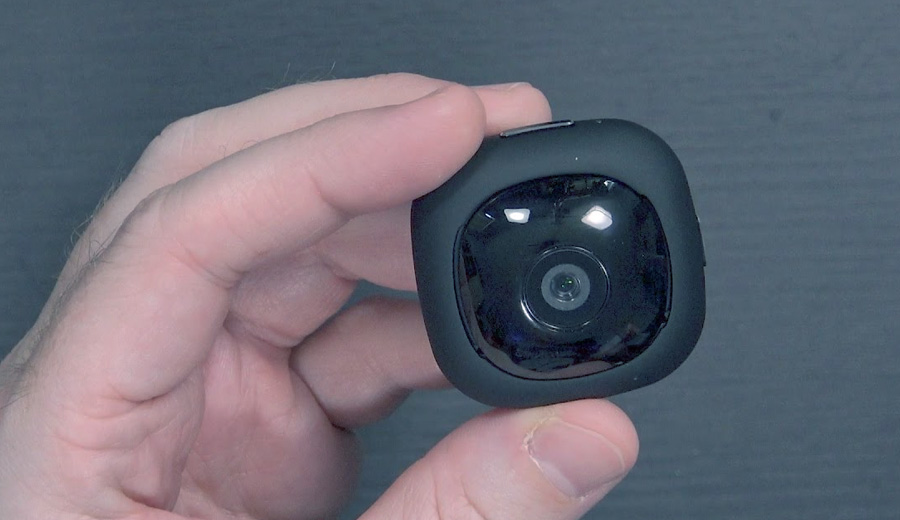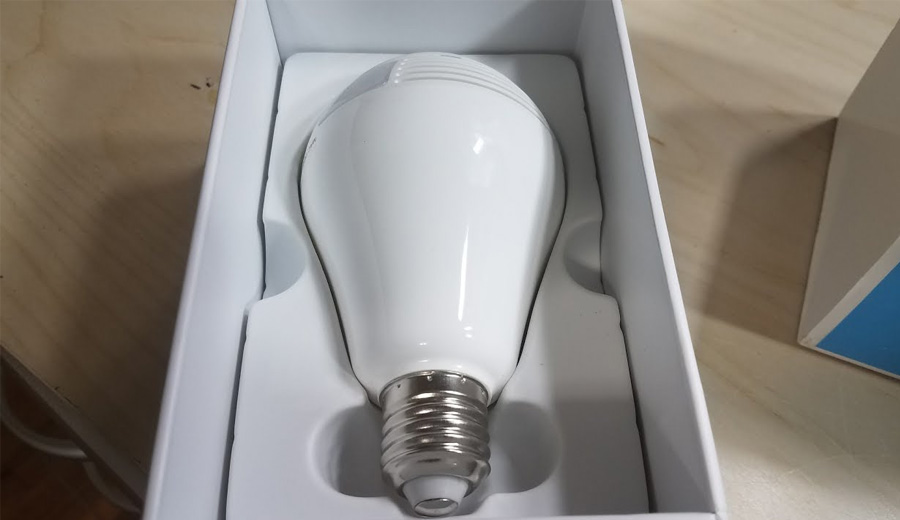Today, many homeowners are in search of that perfect home security system. The ever-increasing competition, created by the advancements in technology, now makes it harder and harder to pick the #1 system that would meet your every need.
In this article, we’ll consider the factors which determine what makes the best home security system.
What is Considered the Best System?
First of all, let’s establish the fact that a good security system differs significantly depending on your chosen criteria, such as personal preferences or budget.
Some work for one house, but will hardly work for another. In a nutshell there is no best system. The best is whatever matches your specific needs, price range, and personal taste.
Cheap vs. Expensive: Balancing Your Budget
The first aspect to consider in selecting a home protection system is cost.
From budget friendly to feature rich (which usually cost higher) systems. The most appropriate system ensures that you achieve the desired levels of security while staying within your budget.
Cheap Options: For instance, there are cost effective home-made security systems for people with constrained budget.
Such systems may include simple items such as door/window sensors and motion detectors, possibly an alarm panel. Though rudimentary in nature, they do offer some degree of safety. Remember that these systems may not have professional monitoring, thus you will be required to contact the authorities in case of danger.
Expensive Options: In contrast, high-end security systems are fully fletched systems with lots of features.
Such installations can include 24/7 monitoring services, advanced camera setups, integration with smart homes, and high-tech sensors. These can be found in premium systems that are more expensive, but offer more protection and reliability.
You have to evaluate your budget sensibly and make a priority list of safety requirements. Remember that the most expensive system is not always the best.
DIY vs. Professional Installation: Who Will Set It Up?
It is also important to determine if you want to install it yourself or hire someone else to do it for you.
DIY Installation: User-friendliness is the key characteristic of do-it-yourself security systems intended for self-installation. They usually include instructional materials, step by step instructions and so on. Installing it yourself is usually cheaper and also allows for more customization. Once you know how to setup such a system and where everything’s placed, you can move things around with confidence.
Professional Installation: If you are uncomfortable with technology or prefer hassle free experience, using a professional to install the system may be the ideal solution. Your security devices will be installed and configured by trained technicians to work perfectly. Although it carries an extra charge, it offers a sense of comfort, especially to those who do not know much about technology.
Ultimately, the decision to either DIY or seek professional installation relies on the skills and spare time you have.
4 Key Points to Consider When Choosing a Home Security System
Now that we’ve discussed budget and installation options, let’s delve into the four key points to consider when selecting the best home security system for your needs:
1. Security Needs Assessment: Start by analyzing your own security needs. Look at the size and structure of your home, the crime rate in the area. It will help you know the type and level of security for a system you require.
2. Monitoring Options: You have to choose whether you want professional monitoring or go for self-monitoring. These include 24/7 surveillance, and quick response in case of emergency that is paid on monthly basis. However, self-monitoring systems necessitate you to monitor alerts and take necessary actions should a break-in occur. Keep in mind that this decision would depend on whether or not you are available to respond yourself.
3. Types of Sensors and Devices: Try to get a comprehensive system that has various sensors and devices to protect your house. These consist of door/ window sensors, motion detectors, glass break sensors, security cameras and smart locks. Select devices that echo your security problems and preferences.
4. Remote Access and Automation: It is important to ensure that the system provides access remotely via a smartphone app or web portal. With this feature, you can monitor and manage your security system from anywhere to be able to respond to alarms. Also think about systems that work with other smart gadgets at home to provide greater automation and ease.
Conclusion
It all comes down to finding that perfect compromise between cost, versatility and offered features by home security system. No single solution is optimal because what works for your neighbor may not benefit you.
Take into consideration your budget, installation options, and key points mentioned above. This will help you maneuver through the myriad of options available in these home security systems and ultimately settle on a system that guarantees maximum safety and peace of mind for you. Do not forget to occasionally review and update your security plan in order to counter new possible dangers and maintain your personal protection.

